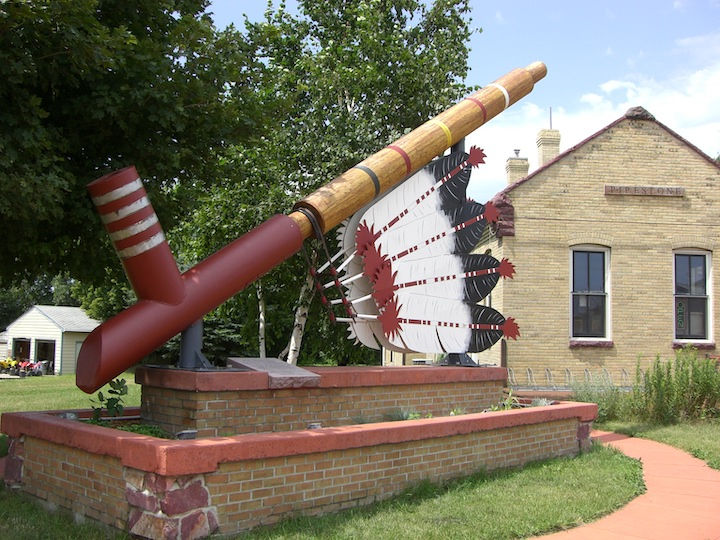Seven Reasons Why Shamanism is Different from Native American/ First Nations Spirituality
- ©2019 Kenneth S. Cohen
- May 24, 2019
- 2 min read

Photo of a Siberian (Tuvan) Shaman, taken in 2002 during his visit and cultural exchange at my home ©Kenneth Cohen
The assumption that “shamanism” or "core shamanism" is the same as Native American wisdom is wrong on so many fronts. Here are some:
1. Shaman is a word from the Tungusic language spoken in Siberia and Manchuria. Shamanism is a culture- specific term that refers to indigenous spiritual practices from those regions. Anthropological and New Age use of the term shamanism creates an impression of a generic, homogenized indigenous culture or spirituality, a strategy used by the U.S. and Canadian governments (and others) to lump diverse people together and dis-respect unique cultures and requirements for cultural survival. We are NOT All One!
2. Native American healers are accountable to traditional elders and communities and follow traditional ethics (including not charging money for healing or ceremonies).
3. If "shaman" means "medicine man/woman" (which it doesn't), then the term shouldn't be used in reference to oneself. It is an honorific conferred by First Peoples in recognition of one's wisdom and service.
4. Unlike "shamanism", Native American spirituality is not learned in books or seminars; it is a way of life, modeled by elders and wisdom keepers, requiring life-long commitment and, generally, hardship and sacrifice.
5. There is no institutional "certification" for a Native American traditional healer. Not that there is anything wrong with book learning. First Peoples are proud of academic excellence, graduate degrees, and of increasing numbers of indigenous authors and professors. But being an institutionally enrolled student is very different from being an oskâpêw (male ceremonial helper, Cree) or oskaskwêw (female ceremonial helper), who learns through example, mentorship, and experience in a specific cultural context. The honor of being called a medicine person, interpreter, or even a spiritual leader is never final, never taken for granted, and must be re-earned every day.
6. Generic "shamans" often romanticize indigenous cultures, have little or no awareness of history or threats to Native American land and life. They pick up bits and pieces as convenient, but are not living it in daily life or protesting against the continuing injustices/abuses of colonialism.
7. In general, based on my personal observation, Euro-American shamans have the same level of misunderstanding and stereotyping of Native American people as non-shamans. Native people are portrayed as noble when it suits the shamans' needs and boosts status (and income) among their New Age colleagues and students. But they are dismissed as primitive or "savage" when confronted with the reality of the spiritual realm and powers that can heal or harm. The pseudo-shaman ignorantly proclaims, "Oh, totems are only symbols, metaphors, or archetypes." Sometimes I feel it is hardly worth the time to deconstruct such an ignorant statement. “Are you saying that my friends (the meaning of “totem” in Cree) are only symbolic, that I have no real friends?” I ask. “No, I mean spiritual powers.” The “shaman” is thus proclaiming his/her immaturity and the fact that he has never experienced the potency and functioning of these forces, especially during times of need. How sad.




Hi! I'm an animation and vfx student from México, and I'm interested in this post cause we're making for a class assignment a motion comic taking place on an alternative universe on the cold war, which features the Wiindigo mythology, and the idea of a female character of the cree culture who's a spiritual leader and healer (we refered to it as a shaman out of ignorance, but after reading this post... I assume "healer" is the best way to call it in english?). She appears just for a few moments, but it'll be pretty important to the storytelling, so we wanna make it right, and there's not much information on the web about this topic, let alone images. I'm…